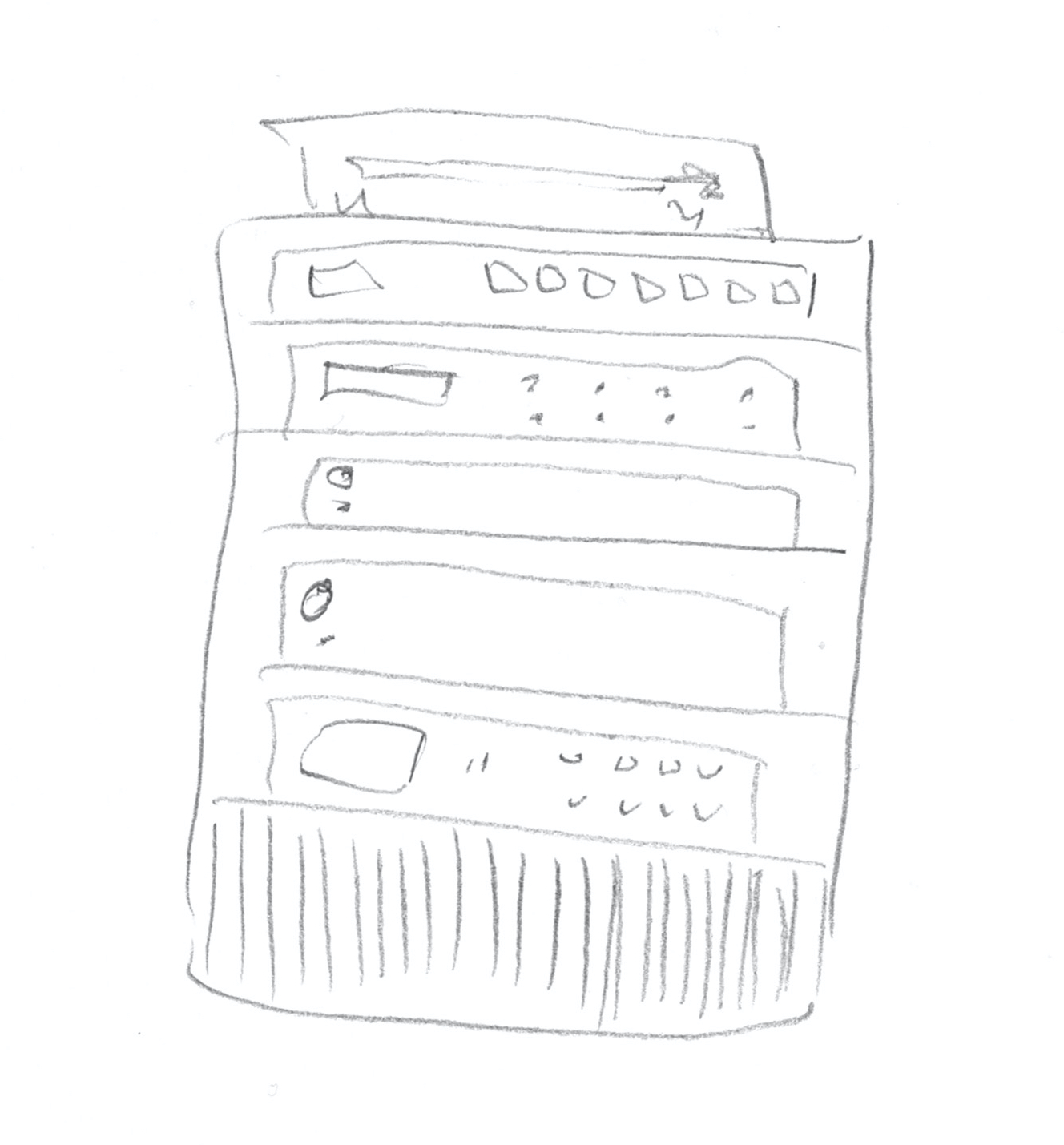 I know you own a copy of Kind of blue. Hopefully it’s placed alphabetically under D for Davis, and you’ll be able to find it quickly. Go on, locate it and pop it in the CD player, or on the turntable, or in the cassette deck (if you ripped it from a friend’s copy back in the 1980s).* How does it begin? Very loosely, bass and piano featured, no real harmonic focus (nothing to do with the opening tune, when it arrives) – a romantic, vague, but inviting opening. Then the tune starts. So what? It’s just an album. And why pick such a very famous one? That looks loaded.
I know you own a copy of Kind of blue. Hopefully it’s placed alphabetically under D for Davis, and you’ll be able to find it quickly. Go on, locate it and pop it in the CD player, or on the turntable, or in the cassette deck (if you ripped it from a friend’s copy back in the 1980s).* How does it begin? Very loosely, bass and piano featured, no real harmonic focus (nothing to do with the opening tune, when it arrives) – a romantic, vague, but inviting opening. Then the tune starts. So what? It’s just an album. And why pick such a very famous one? That looks loaded.
All right. Do you have Wynton Marsalis, Black codes (from the underground)? (If you don’t, you should.) How does that kick off. A busy rhythm section manifesto, a real ‘here-we-are’ moment that leads to the curly head of the title track, ‘Black codes’. And how does the album end? With ‘Blues’ – trumpet and bass alone, with some seriously staggering circular breathing for a very high C (talking trumpet here; it sounds as a B-flat).
Have you got Charles Mingus presents Charles Mingus? Another beauty. Opens with the leader instructing punters not to make any noise while the band is playing, not to rattle ice in their glasses, the staff not to permit cash registers to sound, even though it’s recorded in a studio. Then ‘Folk forms no. 1’.
When my trio recorded Nine open questions, I thought ‘Three’s a quorum’ was the perfect album opener. Another manifesto, a kind of ‘this is us’ statement that piano, bass and drums were perfect for the task at hand. Then we recorded ‘Must be’ and our engineer, the marvellous Mal Stanley, said, ‘That’s a killer opening track.’ So I had to rethink everything. ‘Must be’ went first, followed by ‘Three’s a quorum’, and then the gnarly ‘Stops on the road to smooth’. After that a ballad was indicated, so we placed ‘Esj”. with whom you can be who you are was similar. We premiered the work in 2014 in the order in which I thought the pieces were supposed to go. Then we got to the studio in 2018 and Chris Lawson, engineer on that date, said that ‘a.o.’ was the perfect album opener. It hadn’t occurred to me but I trust Chris to death so again I rethought things. And actually he was right. The drums’ quiet inauguration of proceedings is a truly affecting thing, and it permitted the album to finish with ‘t.h.’, probably my most complex composition and one of my most important for the sake of its dedicatee.
I am old fashioned, and I own a CD player, attached to a pre-amp and a power-amp and then feeding to a couple of speakers. (I also have a turntable, but more on that another time.) And also I cleave to the ideal of the album – a musician’s statement of where things are at at the moment it is (was, I suppose) recorded.
Almost Famous is a movie I really love, and watch regularly, for the attention it pays to a time when physical albums were the common currency of band-adoration and musical participation. In it, Anita leaves to her brother William her collection of LPs, instructing him on how to listen to certain albums, and he is switched on to the culture of popular music and aspires to be someone who can write about it.
In the old days, bands made records and then toured to promote them. Most of the band’s income came (as I understand it) from touring, so the albums were basically promotional. (The recording companies cashed in on their belief in the bands.) Still, when you weren’t at the gig, you had the album, so that was really your point of connection. People of my age have copies of ‘Mars needs guitars’ or ‘Your funeral, my trial’ or ‘The Swing’ or ‘Tallulah’ on LP and still occasionally play them. Even though we were fortunate enough to see the bands who made them, even once, back in the day, it’s the albums that are available for re-audition.
How does ‘Your funeral, my trial’ begin? That’s right, very simple guitar and bass. No indication of what’s to come when they rip into ‘The carny’. Now if the record had started with that it’d be a very different beast. ‘Sad waters’ is actually the most perfect opening to this recording precisely because it leaves so much else to be experienced.
My message: creative people think about this shit and if you care about their artistic expression it behoves you to listen to their work as they have imagined it will best meet you. Sit down, with nothing to distract you, put the album on, and listen to it from beginning to end. Perhaps you will love it. Perhaps you will perceive that track 6 should have been where track 3 is. That’s your decision, and if you load it into your computer you can make whatever adjustments you want. But don’t be happy with someone else’s idea about the playlist you need, or with putting everything on random simply for amusement’s sake. That’s a bit shit.
*See how I didn’t invite you to stream it? Yeah I didn’t. Don’t.
18.iv.2021